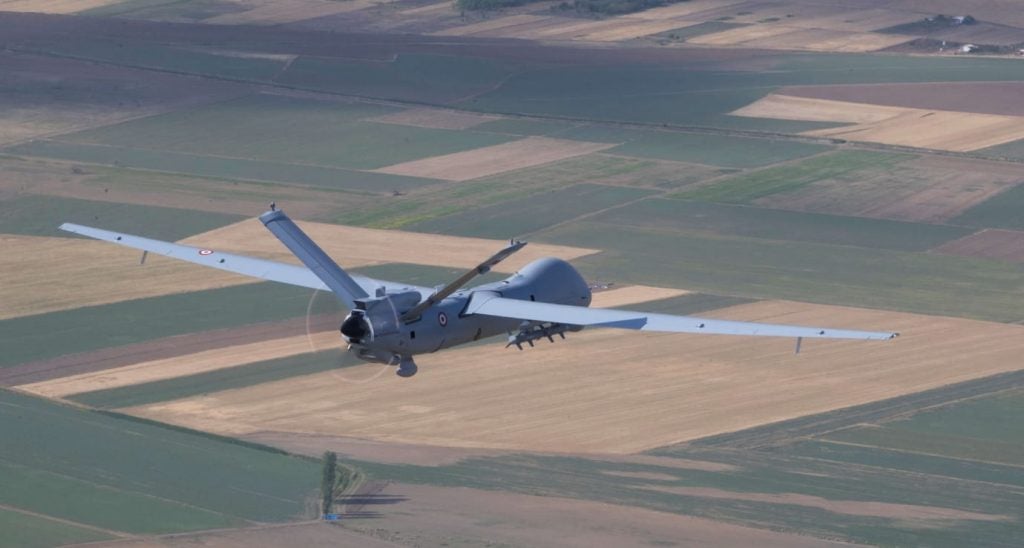Indonesia Orders Twelve Anka Unmanned Aerial Vehicles
Indonesia’s government has announced that it is procuring 12 Anka unmanned aerial vehicles from Turkish Aerospace.
In a statement to CNN Indonesia on Tuesday, Brigadier General Edwin Adrian Sumantha said the $300 million contract for the purchase had been signed with Turkish Aerospace on 3 February this year. The contract is currently awaiting “activation” from the Finance Ministry, with deliveries to begin 32 months after it becomes effective.
According to the General, the procurement of the Ankas will have several additional contracts for items and services such as Integrated Logistic Support, ground support and test equipment, flight simulators, hangar infrastructure, training, and drone warranties for 24 months or 600 flight hours.
General Edwin said the delivery of four Anka systems, each equipped with three Anka drones, represented one of the defense ministry’s tangible efforts to deliver on Indonesian President Joko Widodo’s orders to strengthen the Indonesian military through improving the variety, quantity and quality of its inventory.
The announcement was initially made through a post on the Indonesian defense ministry’s social media pages, but the post was deleted. Subsequently, General Edwin released a statement to CNN Indonesia and other Indonesian news outlets.
During the International Defence Industry Fair in Istanbul at the end of July, Turkish Aerospace CEO Temel Kotil told Kompas that the Ankas would be delivered in two batches of six. The first six Ankas will be built by Turkish Aerospace, with the second batch to be built in Indonesia by PT Dirgantara Indonesia through a technology transfer program. Kotil told the newspaper that Turkish Aerospace wanted to aid Indonesia in developing its own unmanned aircraft.
PT Dirgantara Indonesia, or Indonesian Aerospace, is Indonesia’s national aircraft manufacturer. The company builds both civilian and military aircraft, and has partnered with Airbus Defense & Space to build and market military variants of the CN-235 and CN-295 transport aircraft families, as well as with Korea Aerospace Industries for the development of the KF-21 Boramae fighter.

